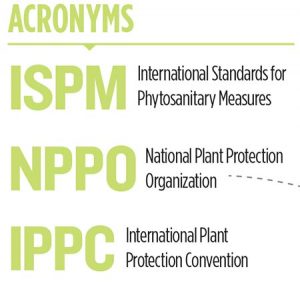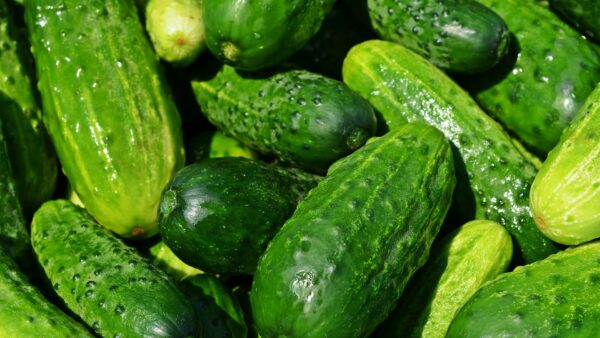More harmonized phytosanitary regulations are poised to alleviate trade woes but it will take time.
SINCE 2008, the seed industry has worked to improve phytosanitary regulations through the International Plant Protection Convention. The IPPC is a Convention that has been signed by most governments and provides the framework for regulating
the international trade of plants and plant materials, says Gerard Meijerink, senior government relations advocate for Syngenta in Brussels.
The Convention is a framework where countries agree to the overall aim of preventing the spread of plant pests, and more detailed guidance is provided in the International Standards for Phytosanitary Measures. Most ISPMs cover aspects of phytosanitary concepts, which have ‘horizontal’ validity for any type of plant or plant material. However, there has not been a seed-specific ISPM, which leaves a great deal open to interpretation. The new ISPMs will affect all seed companies that move seed around the world.
Seed companies are increasingly moving varying quantities of seed around the world for numerous reasons, such as breeding, seed production, laboratory testing and commercial production.

Brent Larson, standards officer at the IPPC Secretariat, adds that the new ISPM should help harmonize phytosanitary regulations among countries. “After adoption of this ISPM, the national plant protection organizations will have guidance on how to redraft their national rules,” Larson says.
Since its first request for an ISPM on seeds, the seed industry has provided a number of papers that were specific in describing the issues of the seed industry and at the same time adding possible solutions.
In July 2014, the first draft of this ISPM was released for member consultation. All countries, through their national plant protection organization (NPPO), had five months to give feedback on the draft and to express alternative proposals, explains Ric Dunkle, American Seed Trade Association senior director of seed health and trade.
Dunkle believes the IPPC draft ISPM is very close to hitting the mark. “Most of our comments were for the purpose of clarification and interpretation,” he says.
While a draft standard is a positive step, Dunkle cautions that it’s a slow process and that a standard likely won’t be put forth for adoption by the IPPC until 2016.











